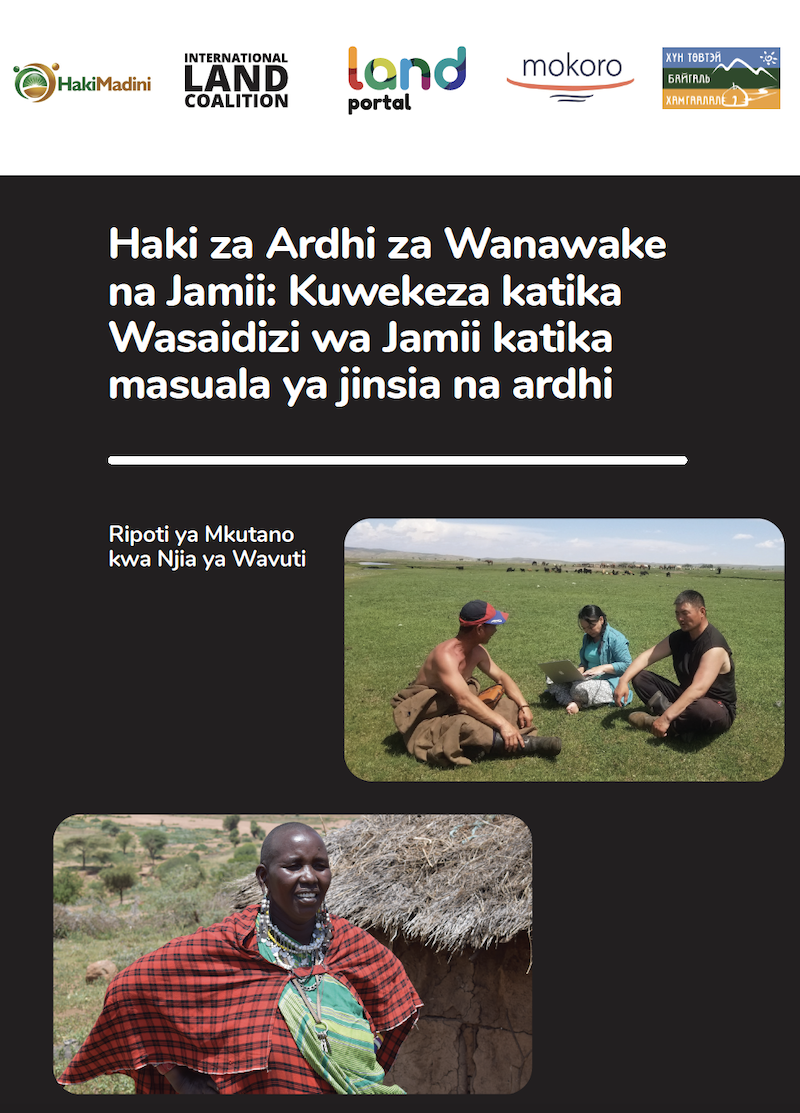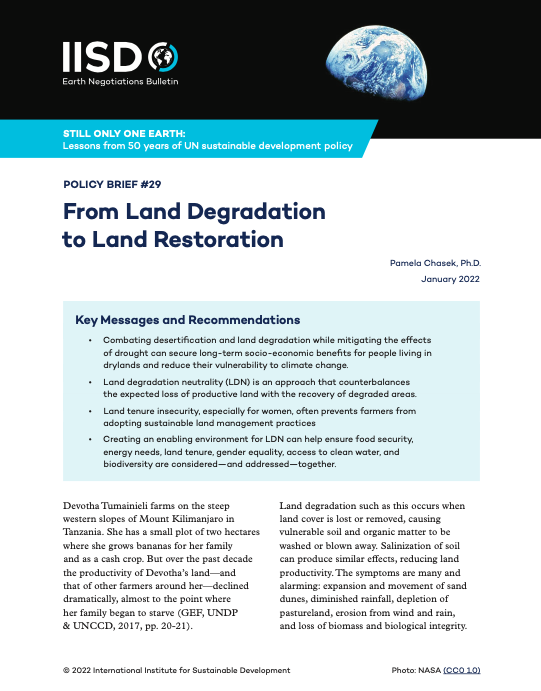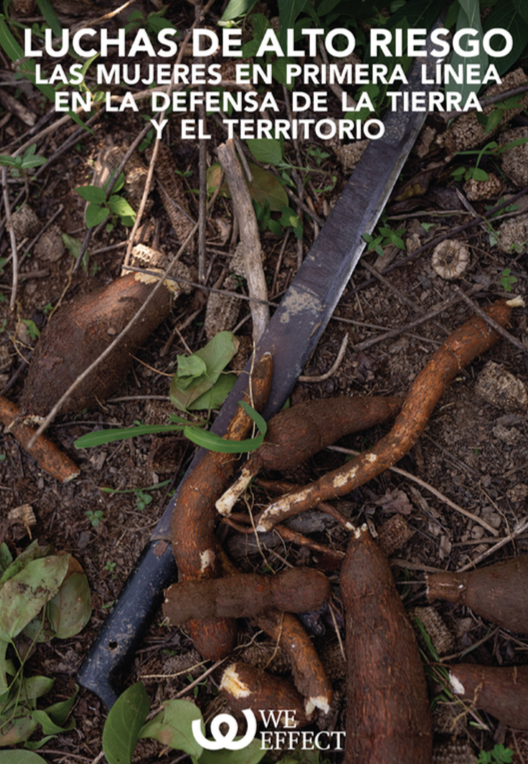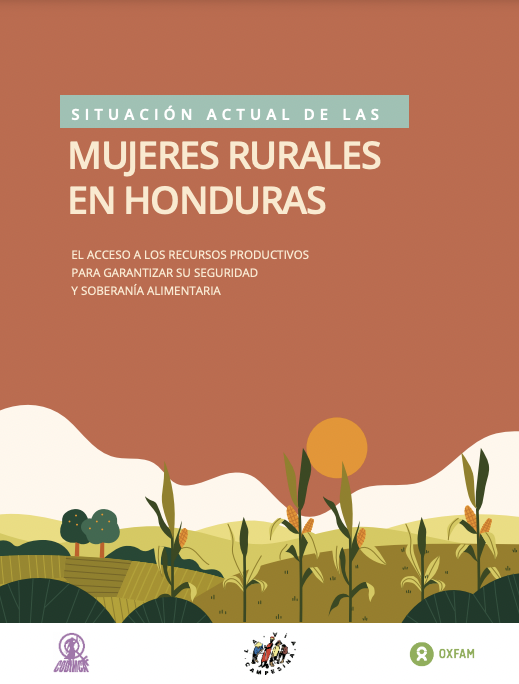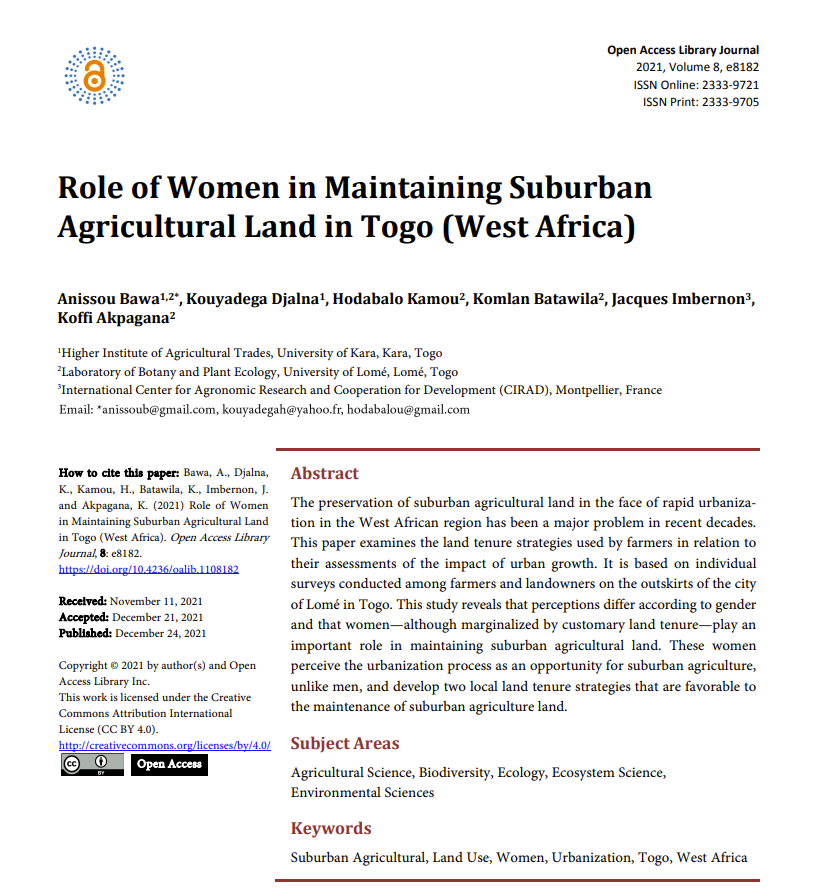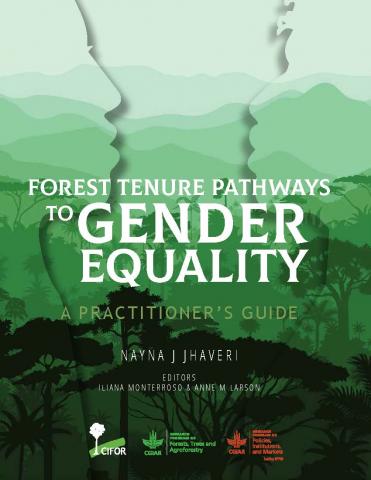Haki za Ardhi za Wanawake na Jamii: Kuwekeza katika Wasaidizi wa Jamii katika masuala ya jinsia na ardhi
Kwa zaidi ya miaka mitano, Mradi wa Usalama wa Umiliki wa Ardhi kwa Wanawake (WOLTS) umekuwa ukichunguza uhusiano wa kijinsia na ardhi katika jamii za wafugaji zilizoathiriwa na uchimbaji wa madini Mongolia na Tanzania. Lengo limekuwa ni kutengeneza mbinu ya ushiriki wa jamii kwa muda mrefu na kujenga uwezo wa kulinda na kusaidia haki za ardhi za watu wote walio katika mazingira magumu na hivyo kuelekeza nguvu katika usawa wa kijinsia, usimamizi na umiliki wa ardhi kwa mfumo ambao utarahisisha maboresho katika haki za ardhi kwa jamii yote.

